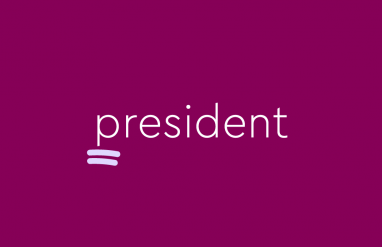⚡ Quick summary
The word beside is used as a preposition to mean “next to,” “compared with,” or “apart from” and as an adverb to mean “along the side of.” The word besides is used as an adverb to mean “furthermore” and “otherwise.” Both beside and besides can be used as an adverb to mean “in addition” and as a preposition to mean “in addition to” and “except.”
The words beside and besides are only separated by the ending –s, but they often don’t mean the same thing. Besides that, though, in some situations they can actually mean the same thing.
In this article, we will break down the different definitions of beside and besides, explain when they can and can’t be used interchangeably, and provide examples that show how we typically use beside and besides in sentences.
besides vs. beside
The word beside is used as a preposition and an adverb. As a preposition, beside can mean “next to,” “compared with,” or “apart from.” As an adverb, it means “along the side of.”
Here are examples of each of these uses:
- The table was beside the bed.
- Beside Spanish and French, English has a lot of weird rules and strange exceptions.
- Dave is admittedly a crook, but that is beside the point.
- The dog ran beside the ice cream truck.
The word besides is also used as an adverb and preposition. As an adverb, besides can mean “furthermore” and “otherwise.”
Here are examples of these uses:
- I don’t think the paint looks bad. Besides, nobody is going to see it anyway.
- She had the clothes on her back but not much else besides.
In all of the senses listed above, it is typically considered to be incorrect to use beside and besides interchangeably. These specific meanings listed above are considered to be unique to each word. For example, the following sentences would typically considered to be incorrect:
- Incorrect: His dog was standing besides him as he hunted ducks.
- Incorrect: It’s okay that they canceled the parade. Beside, it is probably going to rain tomorrow.
However, there are some cases when it is considered correct to use beside and besides interchangeably. As adverbs, both beside and besides can be used to mean “in addition.” As prepositions, both beside and besides can mean “in addition to” and “except.”
For example:
- He’s got enough chairs for everybody and 10 extra besides/beside.
- Besides/beside the better pay, my new job is also closer to home.
- As far as we know, nobody can open the safe besides/beside the bank manager.
Beside and besides aren’t the only pair of words where an ending –s can make a difference in meaning. Some other examples include:
- water and waters (a body of water)
- arm and arms (weapons)
- sand and sands (desert)
- wood and woods (forest)
- pant and pants (clothing)
- short and shorts (clothing, investments)
Sometimes, an ending –s doesn’t make a difference in meaning, and the choice is entirely up to spelling preference. Two examples of this are the word pairs toward and towards and backward and backwards.
Examples of besides and beside used in a sentence
Let’s look at some more examples that show how we typically use besides and beside.
- I keep a fire extinguisher right beside the oven in case of emergencies.
- He survived by drinking water and nothing else besides.
- Beside/besides Amanda, not a single person knew my secret.
- The restaurant serves pizza, hamburgers, and many other foods beside/besides.
- Nobody will notice that you hid the painting beside the piano. Besides, I’ll guard this room to make sure no one comes in.














